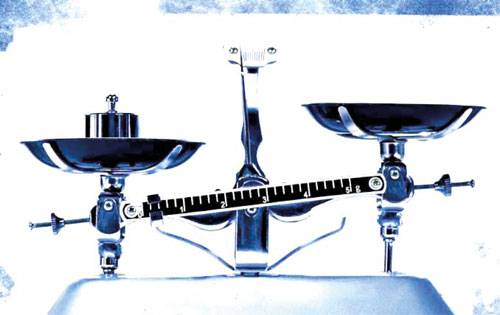For many years, homeopathic practitioners and scientists have debated whether homeopathy is more effective than placebo. A recent study investigated whether there is reporting bias in homeopathy research.
The authors found evidence of reporting bias, which they argue calls into question publications demonstrating benefits of homeopathy over placebo. The research, which appears in the journal BMJ Evidence-Based Medicine, contributes to the debate surrounding homeopathy’s role in modern medicine.
Homeopathy is a type of alternative medicine based on the principle that a diluted form of a substance that causes the symptoms of an illness can also cure that illness. Experts have called into question whether the mechanisms behind homeopathy have any basis in modern science.
However, a 2017 meta-analysis conducted by Dr. Robert T. Mathie and colleagues found that homeopathic remedies showed a statistically significant benefit compared with placebo. In the present study, the researchers wanted to see whether reporting bias may be influencing the results of meta-analyses such as this.
Articles with positive results are more likely to be published than neutral or negative findings. This is called reporting bias, or publication bias.
When fewer articles with negative or unclear results are published on a topic, the overall findings of meta-analyses may seem more positive than they truly are because positive trials are overrepresented.
To respond to this, public trial registries have been set up so that all trials can be registered. The 2008 Declaration of Helsinki declared the registration of trials an ethical obligation.
However, while researchers are encouraged to register trials, many registered trials are not published. The authors of the present study analyzed public registration databases up to April 2019, and publication records until April 2021. They found that since 2002, almost 38% of registered homeopathy trials were not published. They also found that 53% of published randomized controlled trials were not registered. Also, trials were more commonly registered retrospectively, indicating that publication often depends on the results.
In addition, the researchers found that 25% of the published primary outcomes were different from the registered primary outcomes. The primary outcomeTrusted Source “is the outcome that an investigator considers to be the most important among the many outcomes that are to be examined in the study.










